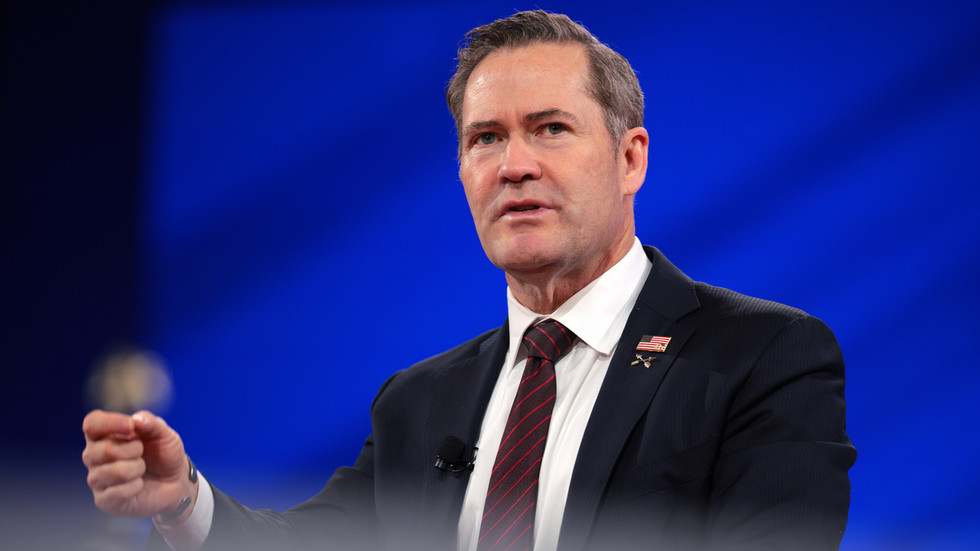A Paris court has effectively barred the right-wing politician from taking part in the 2027 election
French and foreign politicians are reacting to the sentences handed down on Monday by a Paris court in a case against the National Rally party (RN) and several prominent figures, including Marine Le Pen, the party’s former leader who currently heads its parliamentary faction.
The RN and associated individuals were accused of embezzling EU funds allocated for the salaries of aides of European Parliament members and diverting them to the national coffers. Several defendants have been sentenced to prison terms of various lengths, while Le Pen was barred from seeking public office for five years.
31 March 2025
12:28 GMT
Le Pen previously described her potential ouster from the upcoming presidential election as “political death.” In 2022, she faced current President Emmanuel Macron in the second round, and lost by less than 10%. Macron will not run in 2027 due to term limits.
The court sentenced Le Pen to four years in jail, two of which she could serve under house arrest, unless the ruling is overturned. She was found guilty alongside eight MEPs, some of whom were ordered to serve time as well.
The party was punished financially, with the court ordering the confiscation of funds and a fine totaling €2 million ($2.2mn).
12:24 GMT
Le Pen reportedly left the courthouse during the verdict’s reading, after the decision that torpedoed her presidential ambitions was announced. The court granted the prosecutors’ request to enact the prohibition immediately, regardless of any appeals that the 56-year-old politician’s lawyers may seek against the verdict.
The constitutional legality of the punishment was confirmed last Friday in an unrelated case. The Constitutional Council, the nation’s top authority on these matters, confirmed that an immediate prohibition was compatible with basic law.

 By Russia Today | Created at 2025-03-31 12:30:16 | Updated at 2025-04-02 03:48:27
1 day ago
By Russia Today | Created at 2025-03-31 12:30:16 | Updated at 2025-04-02 03:48:27
1 day ago








